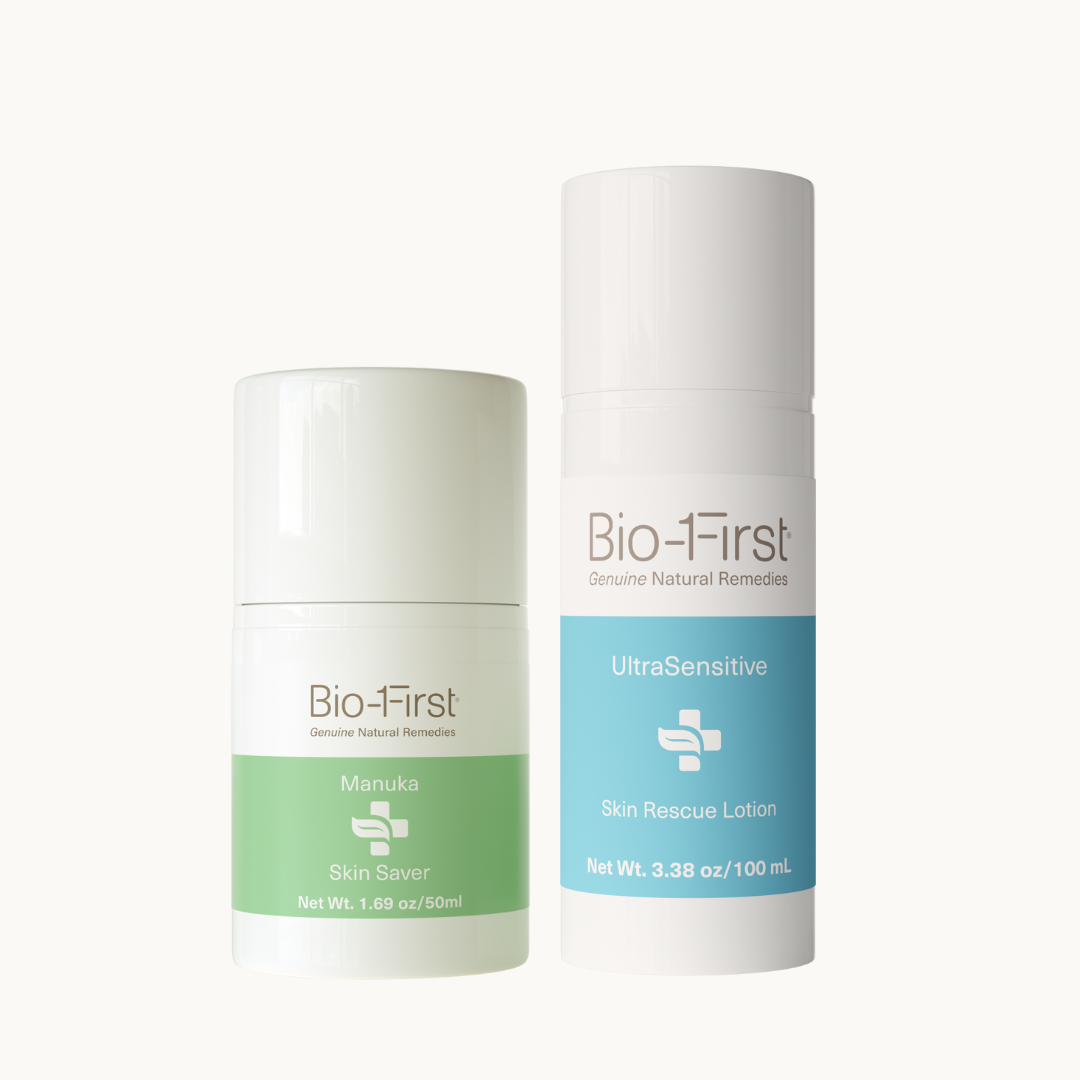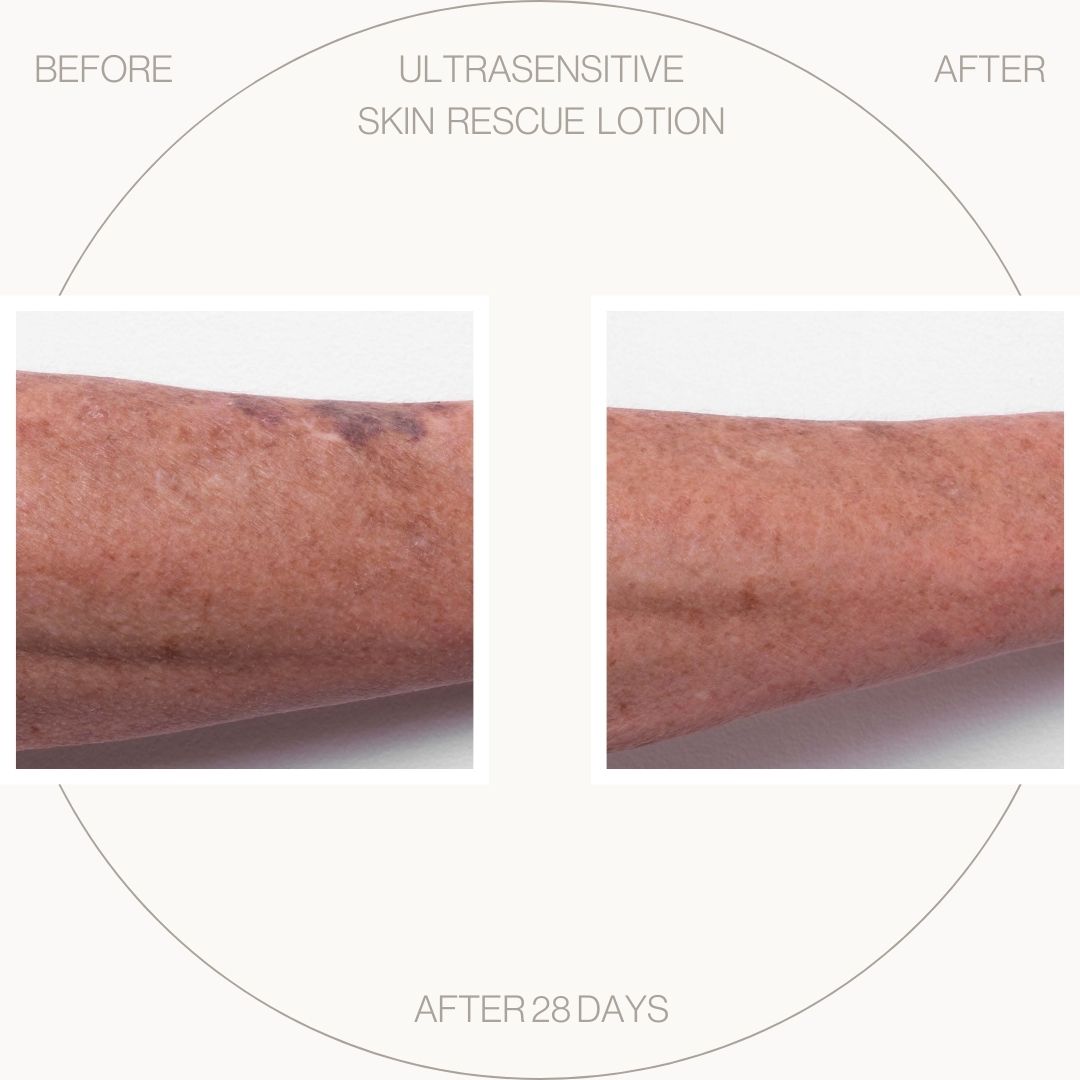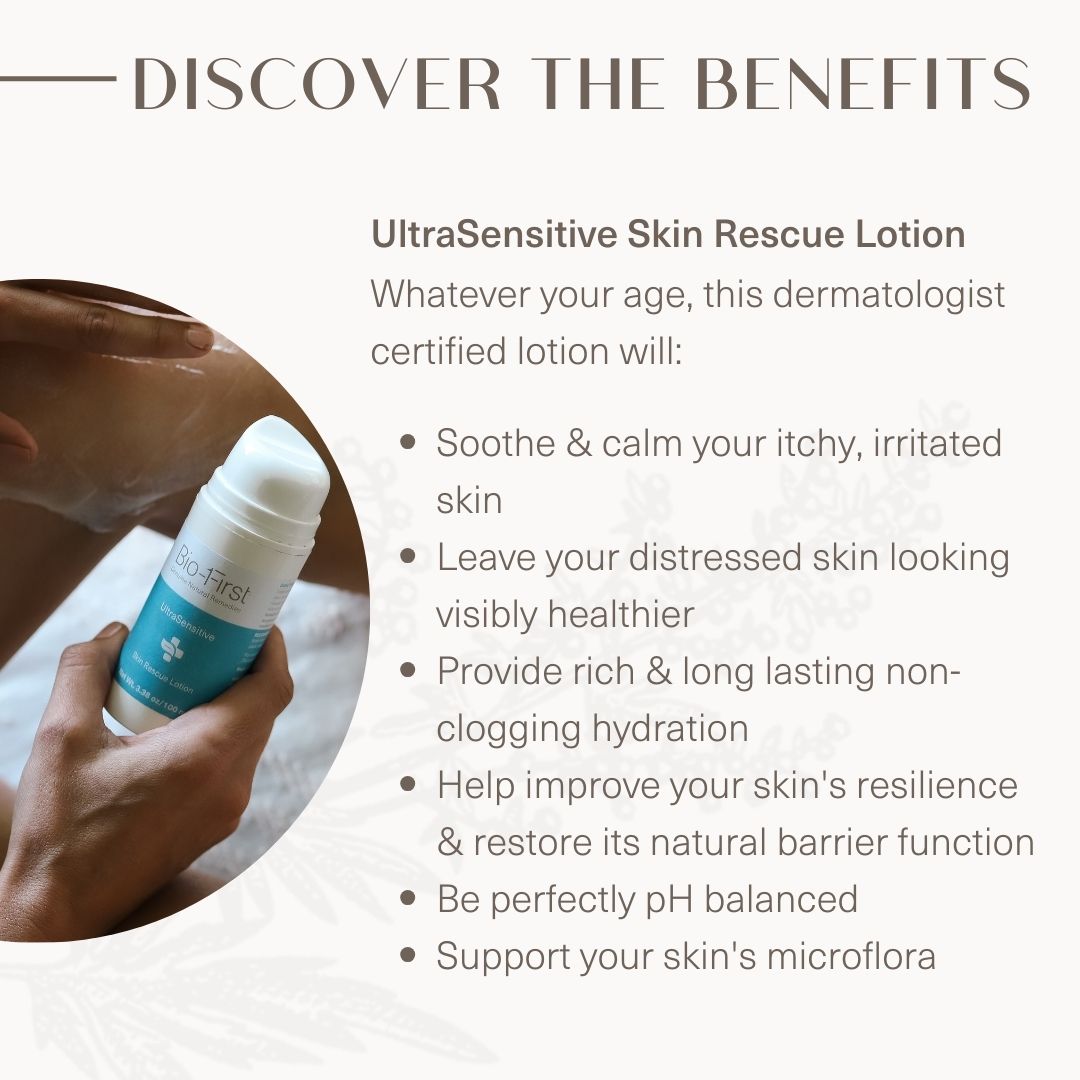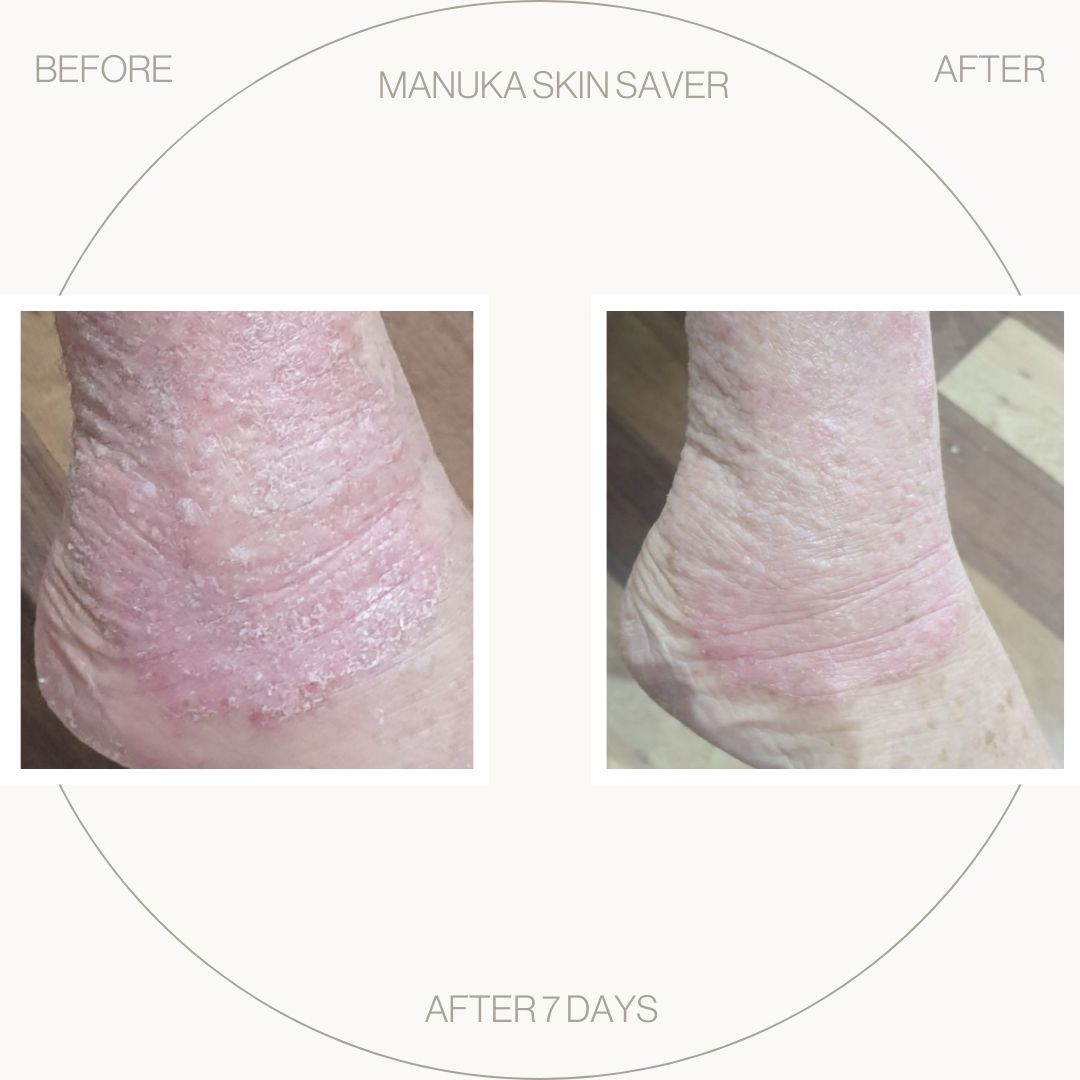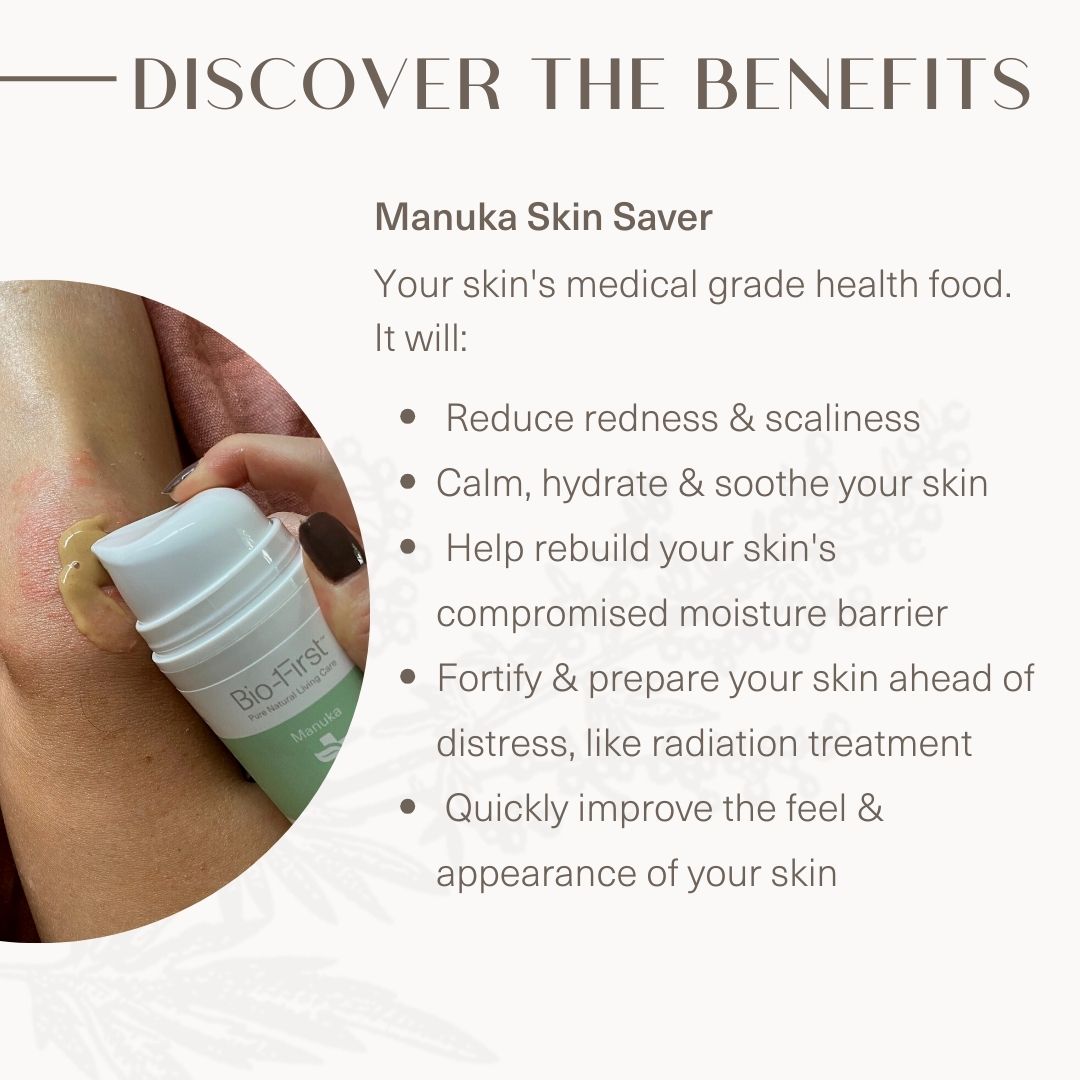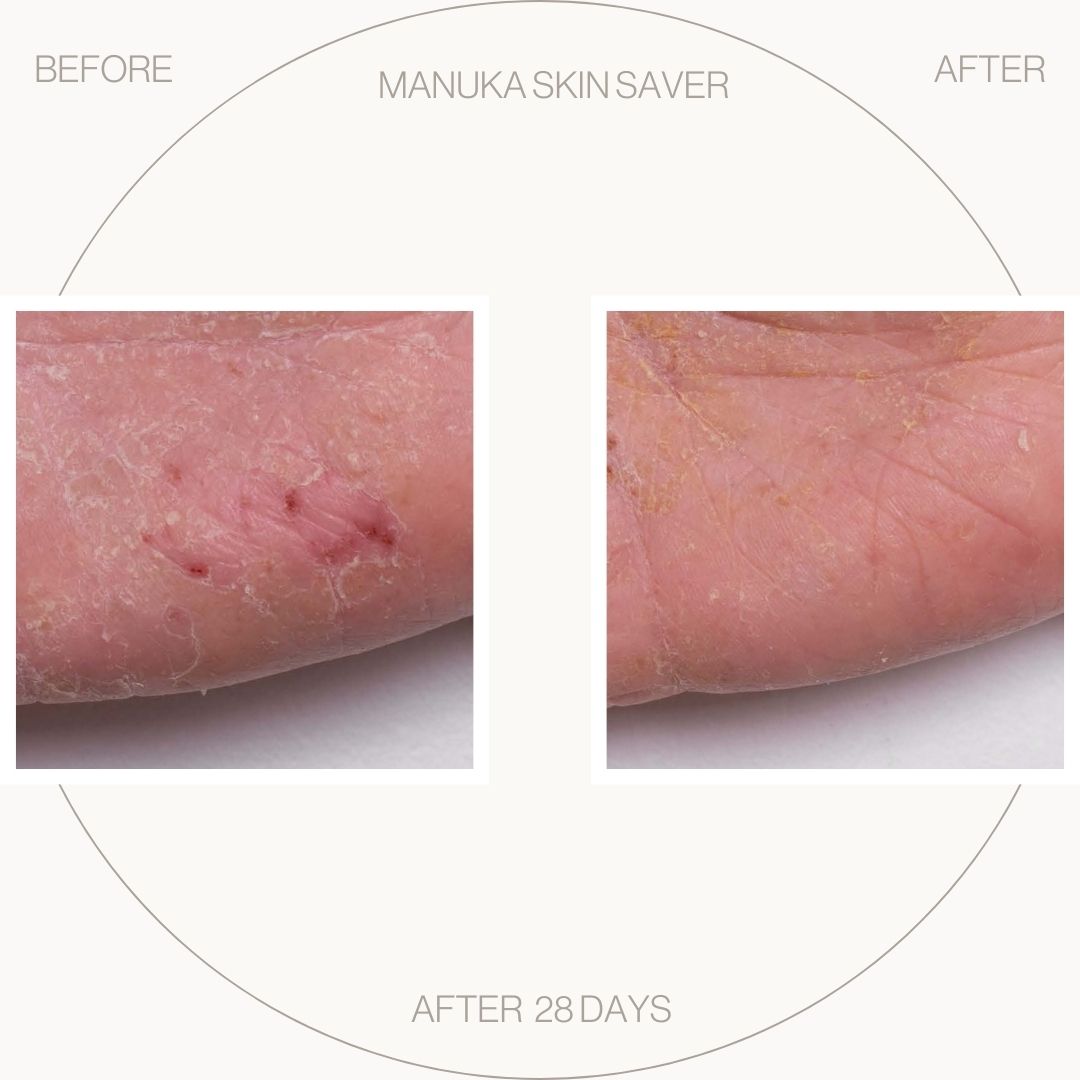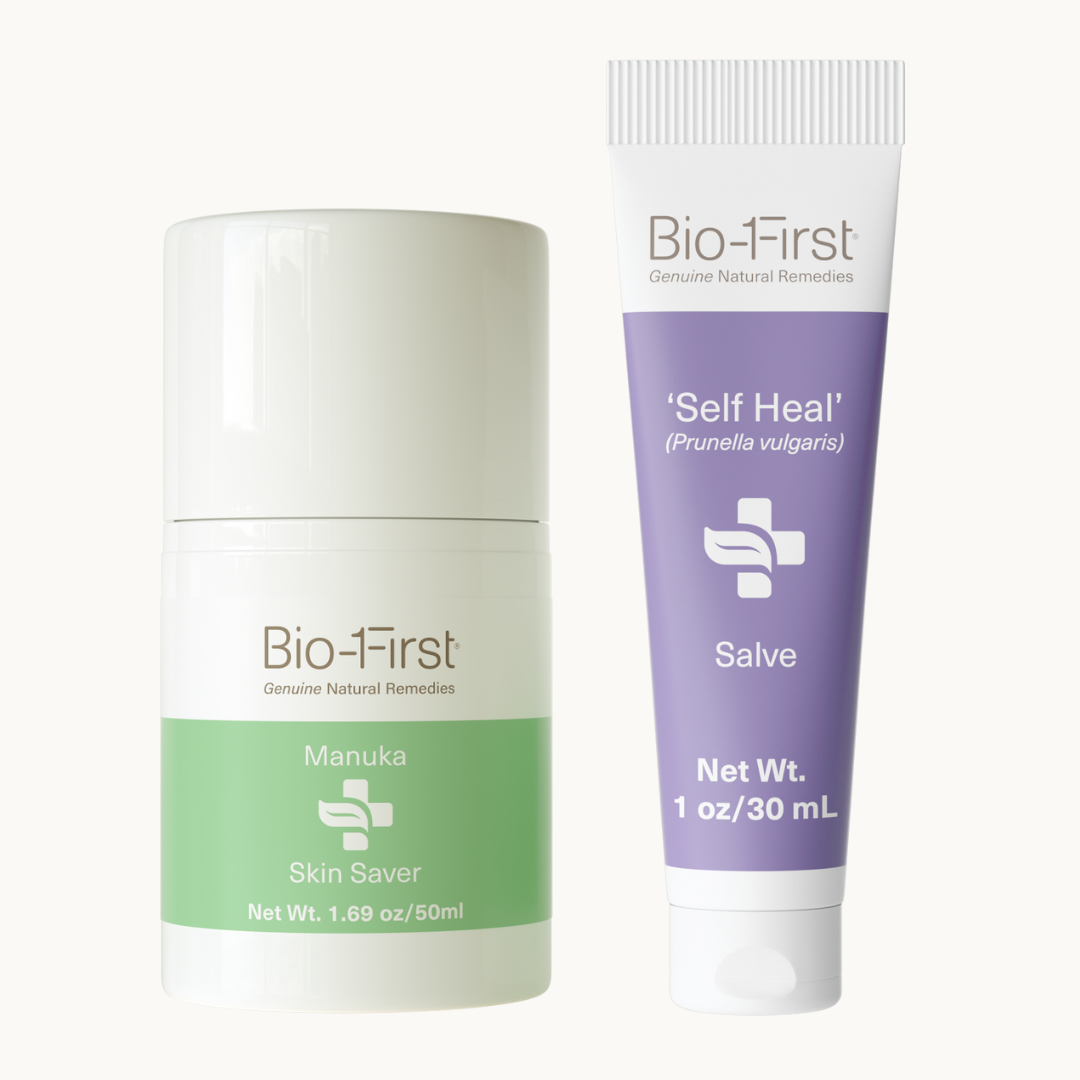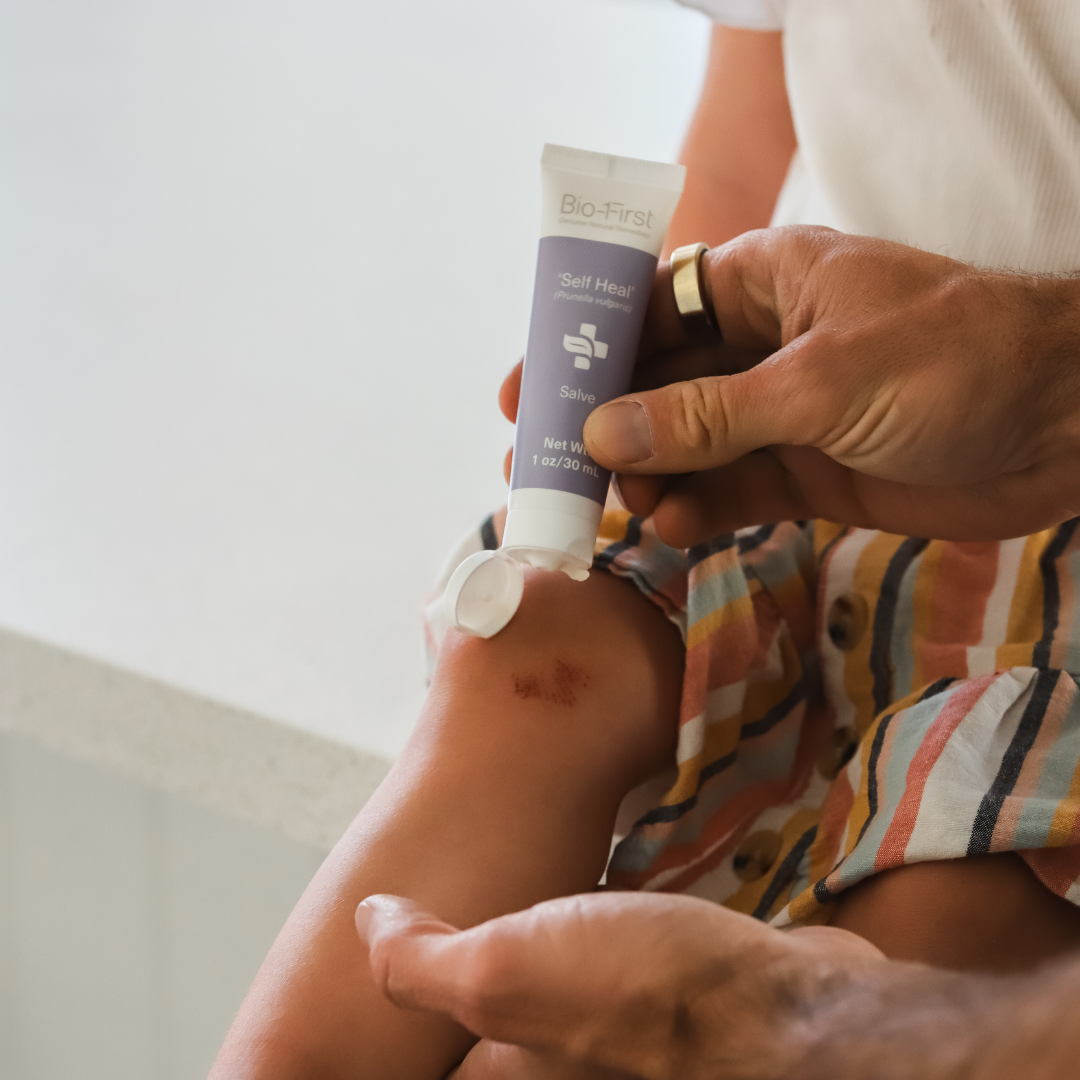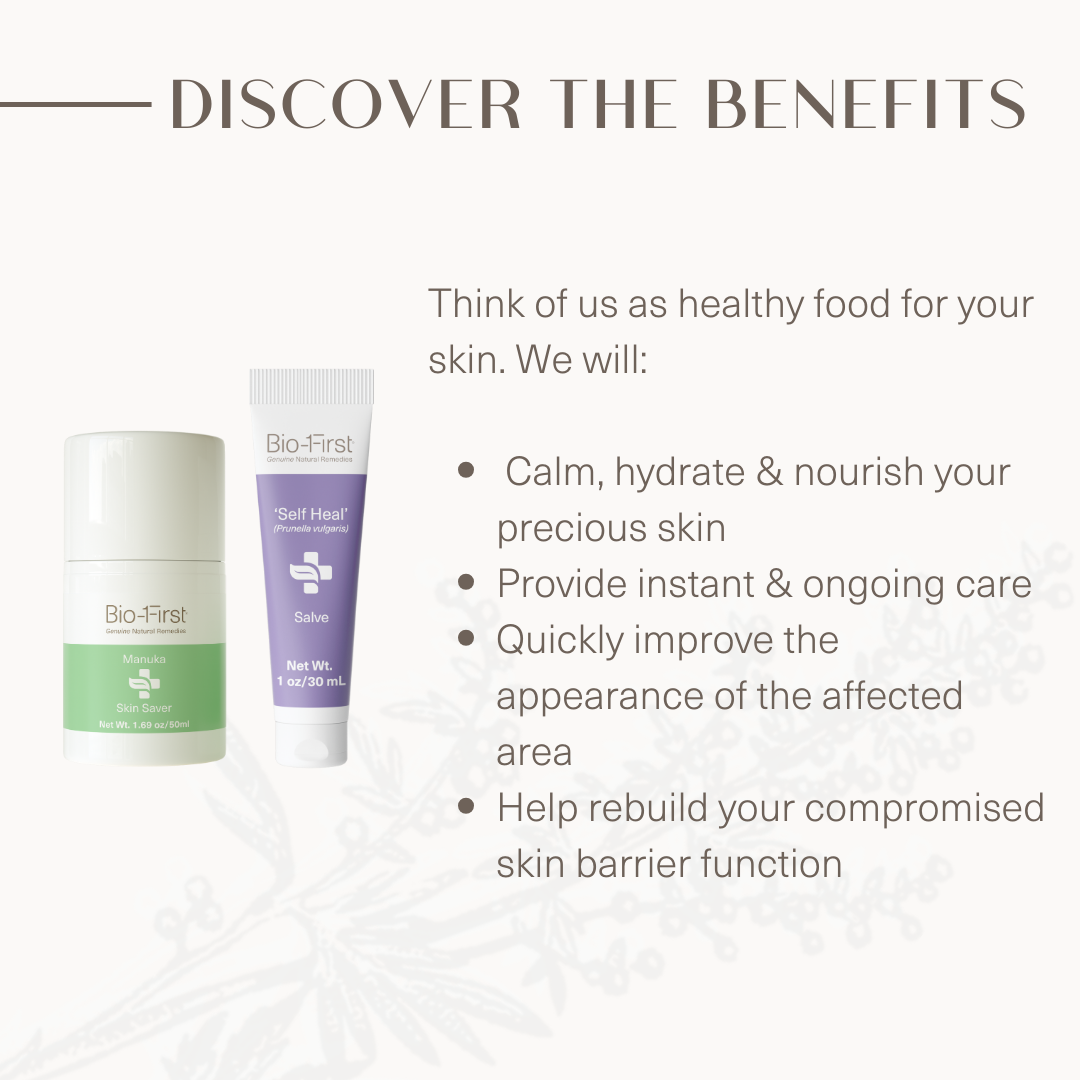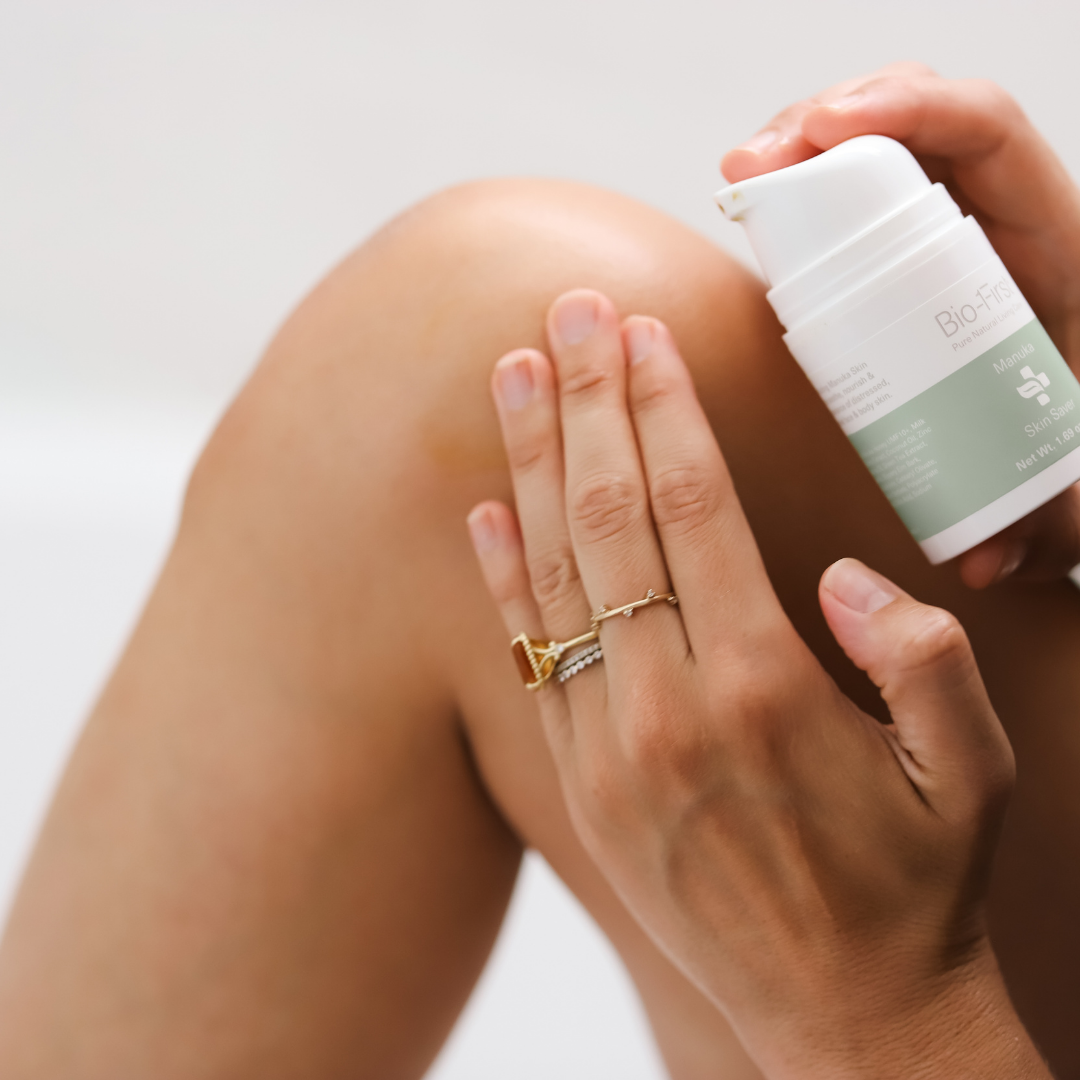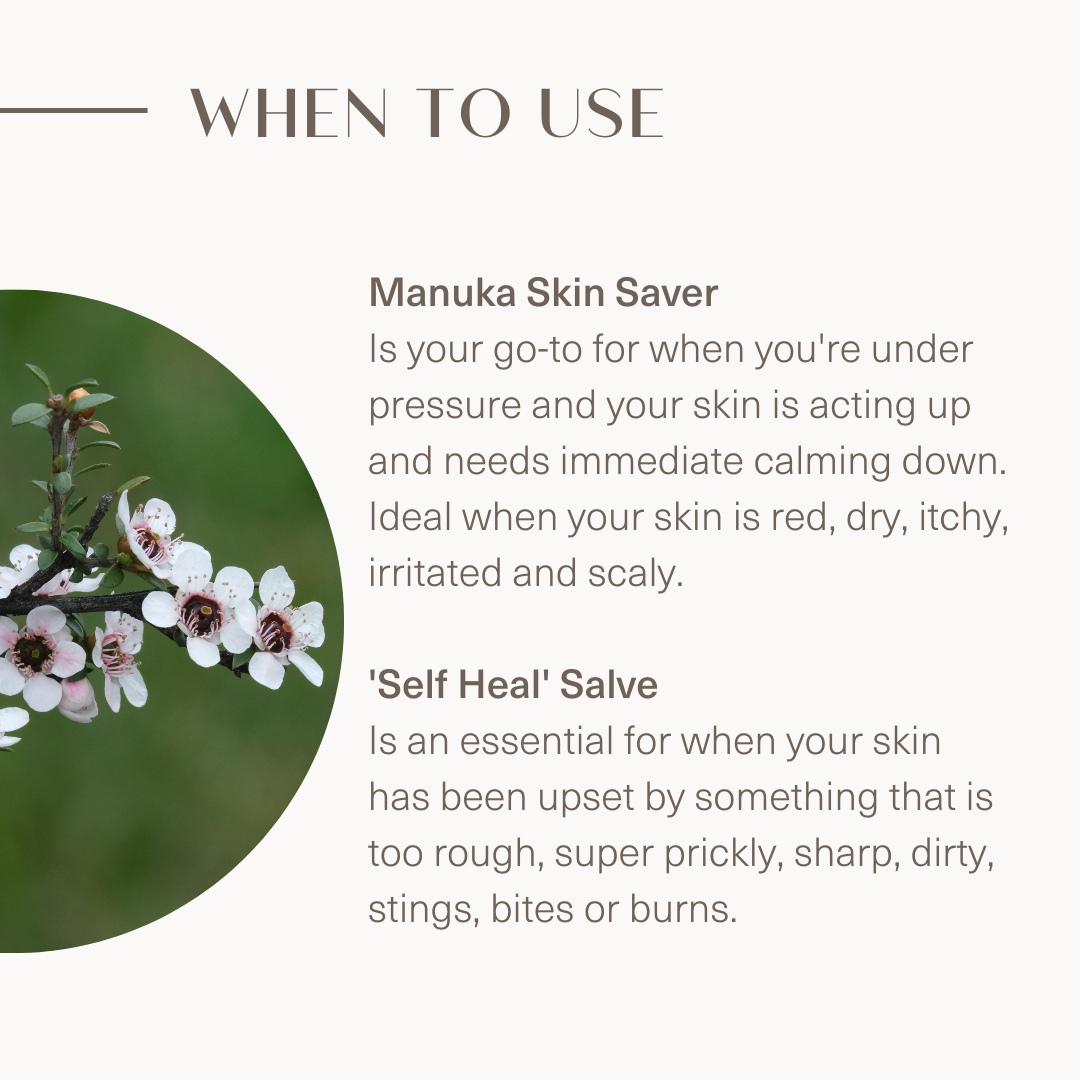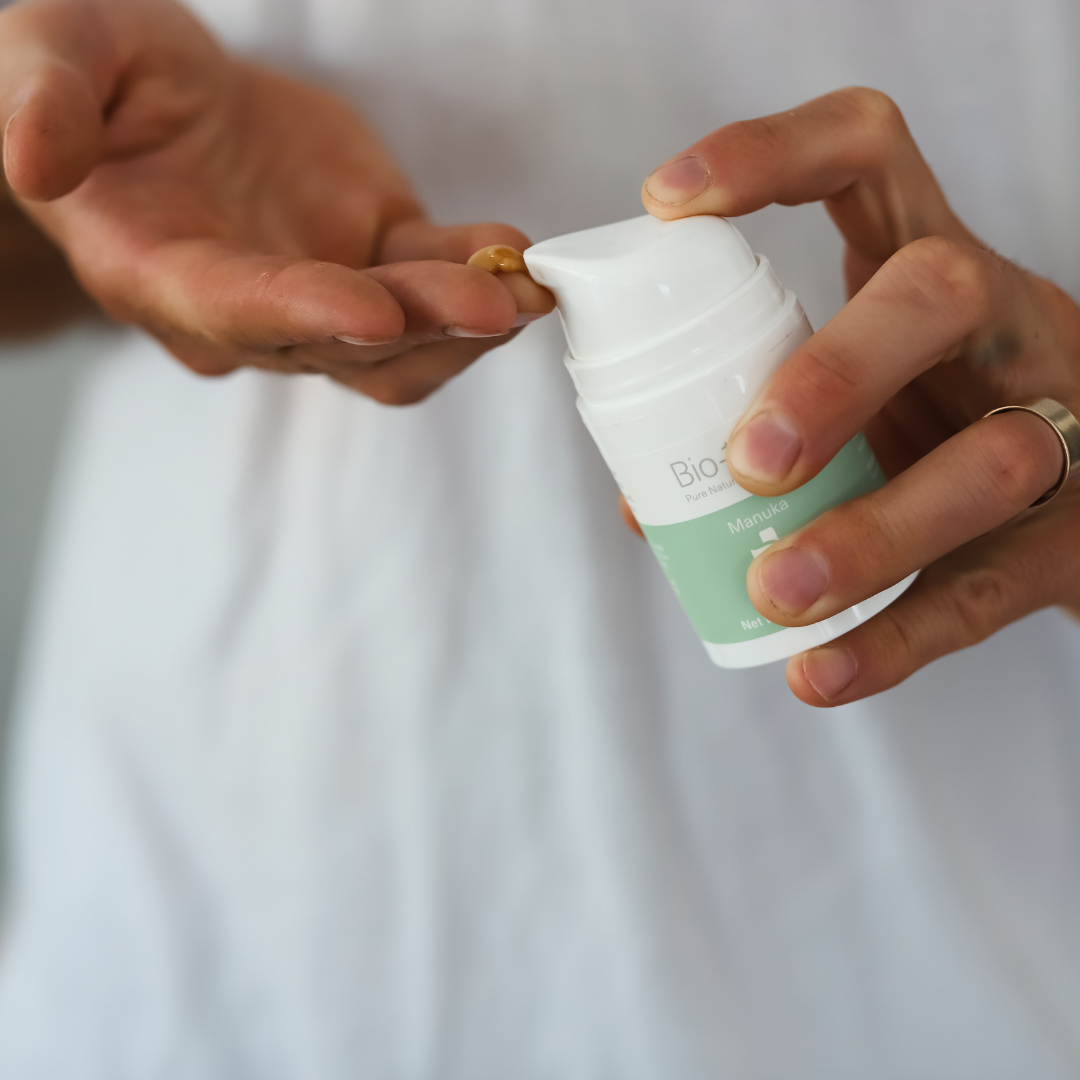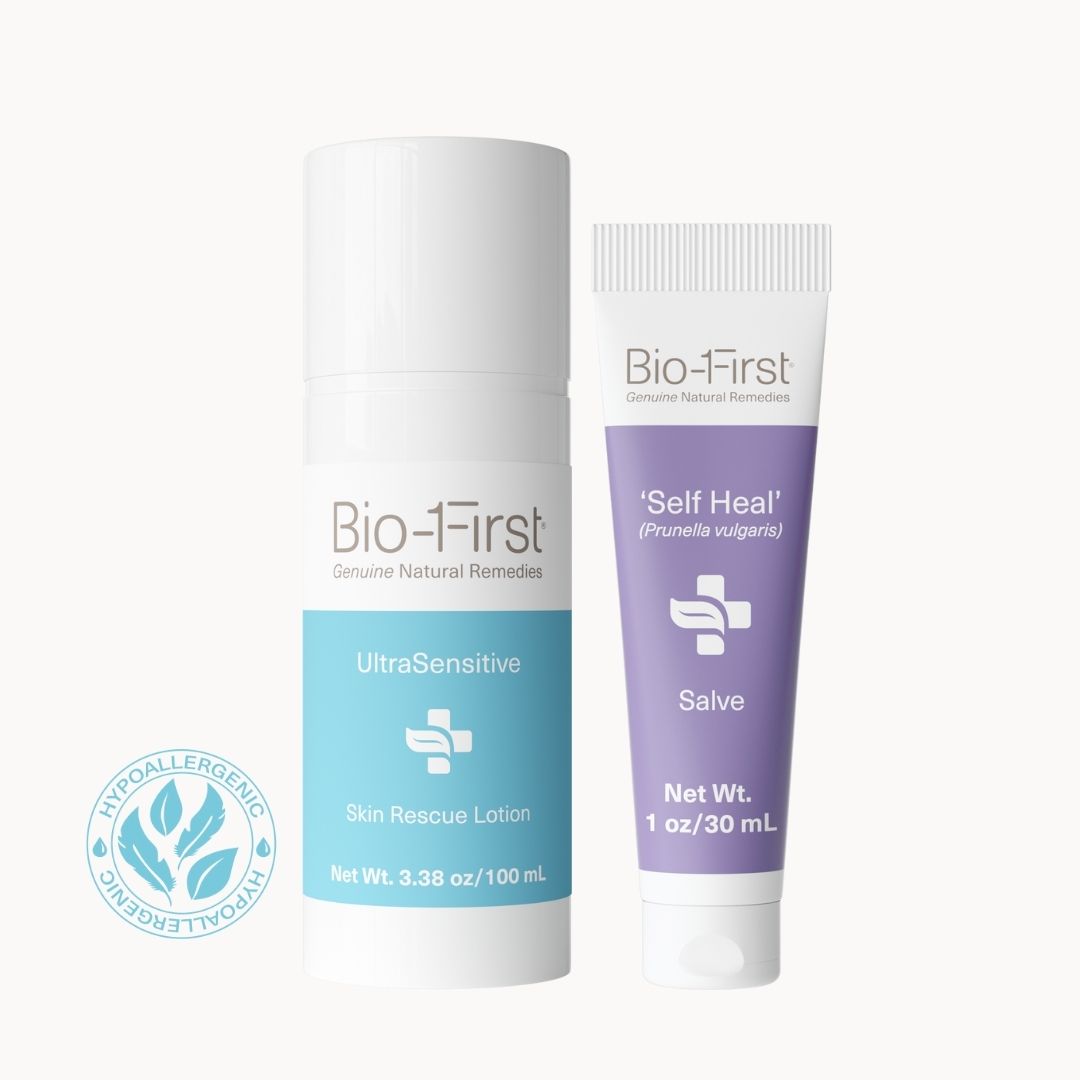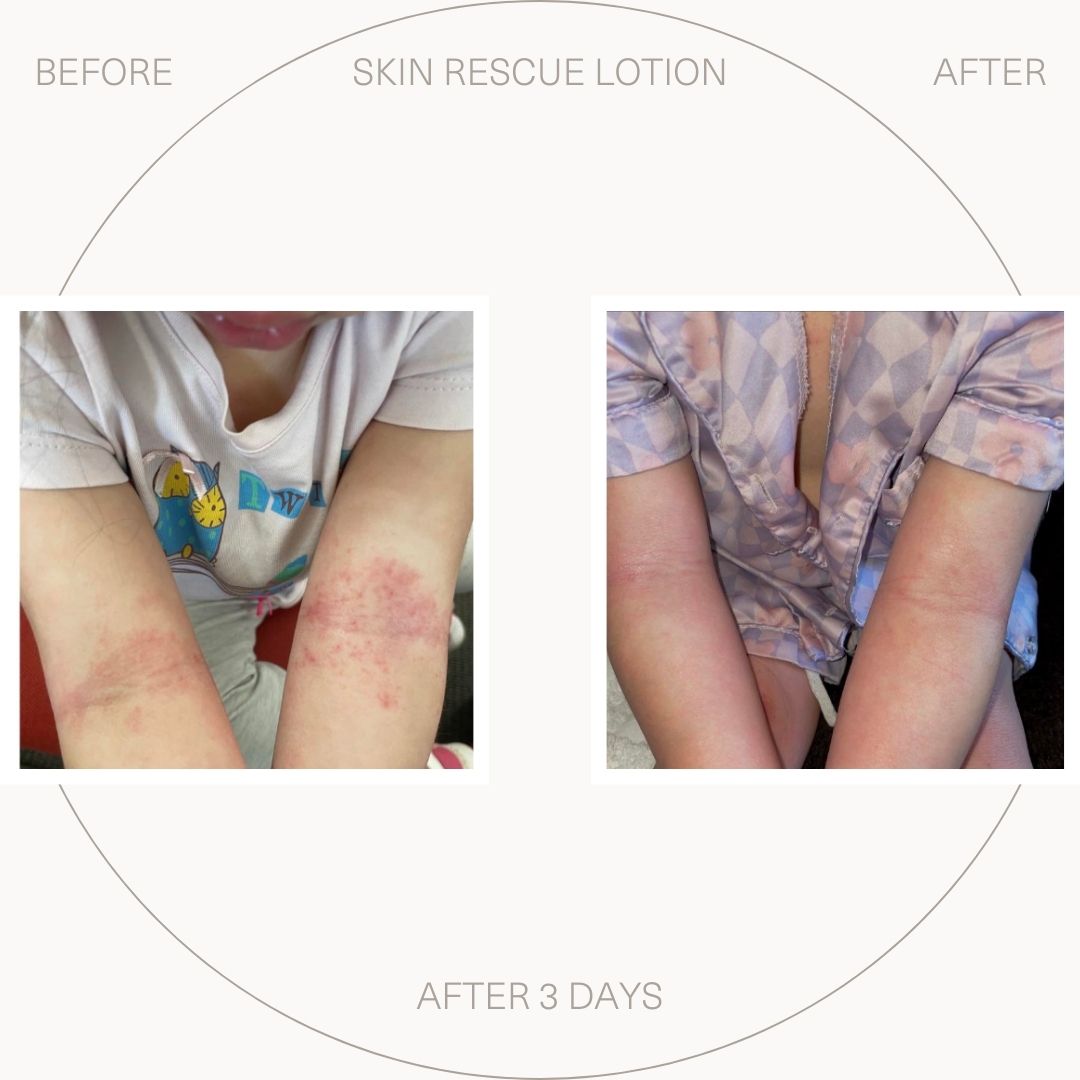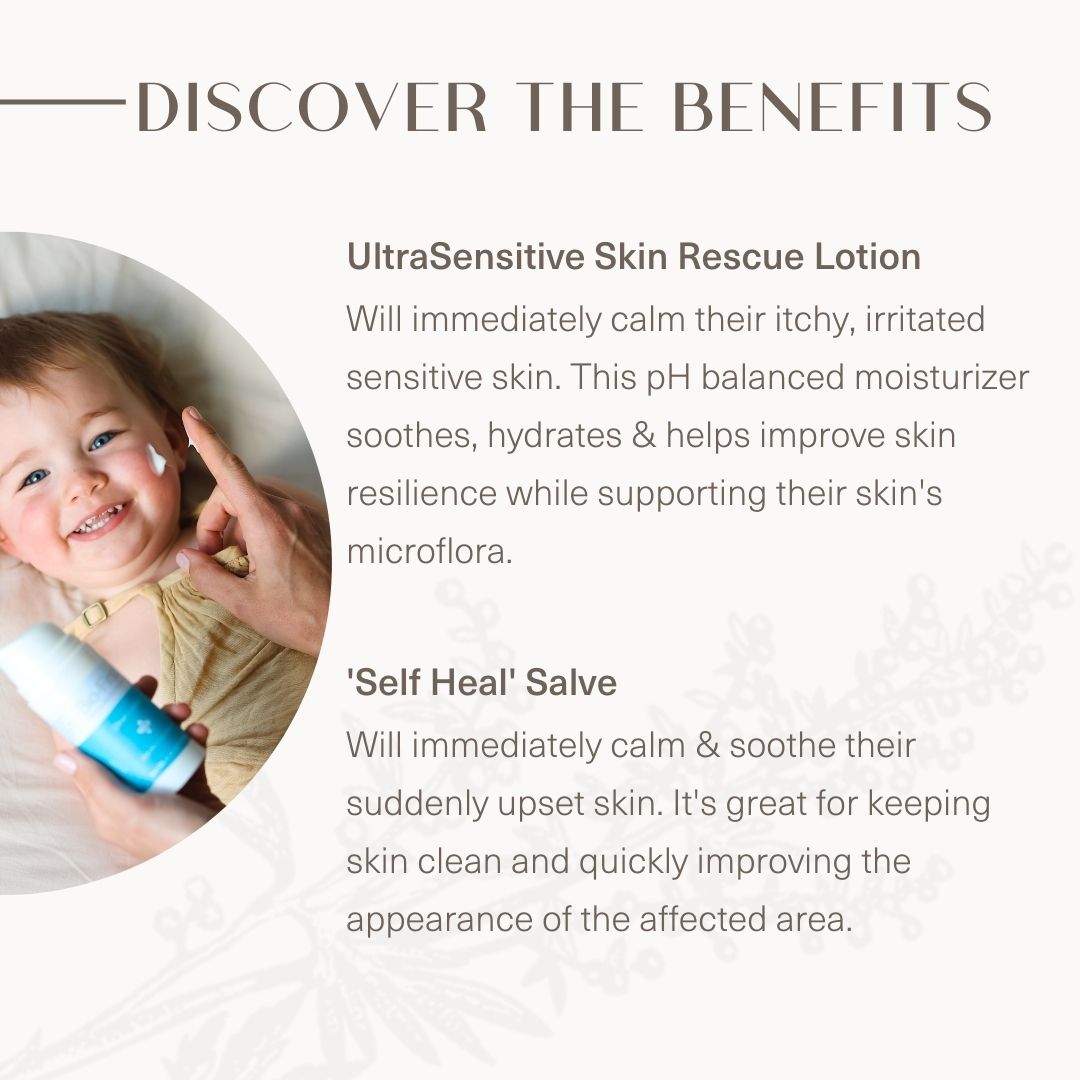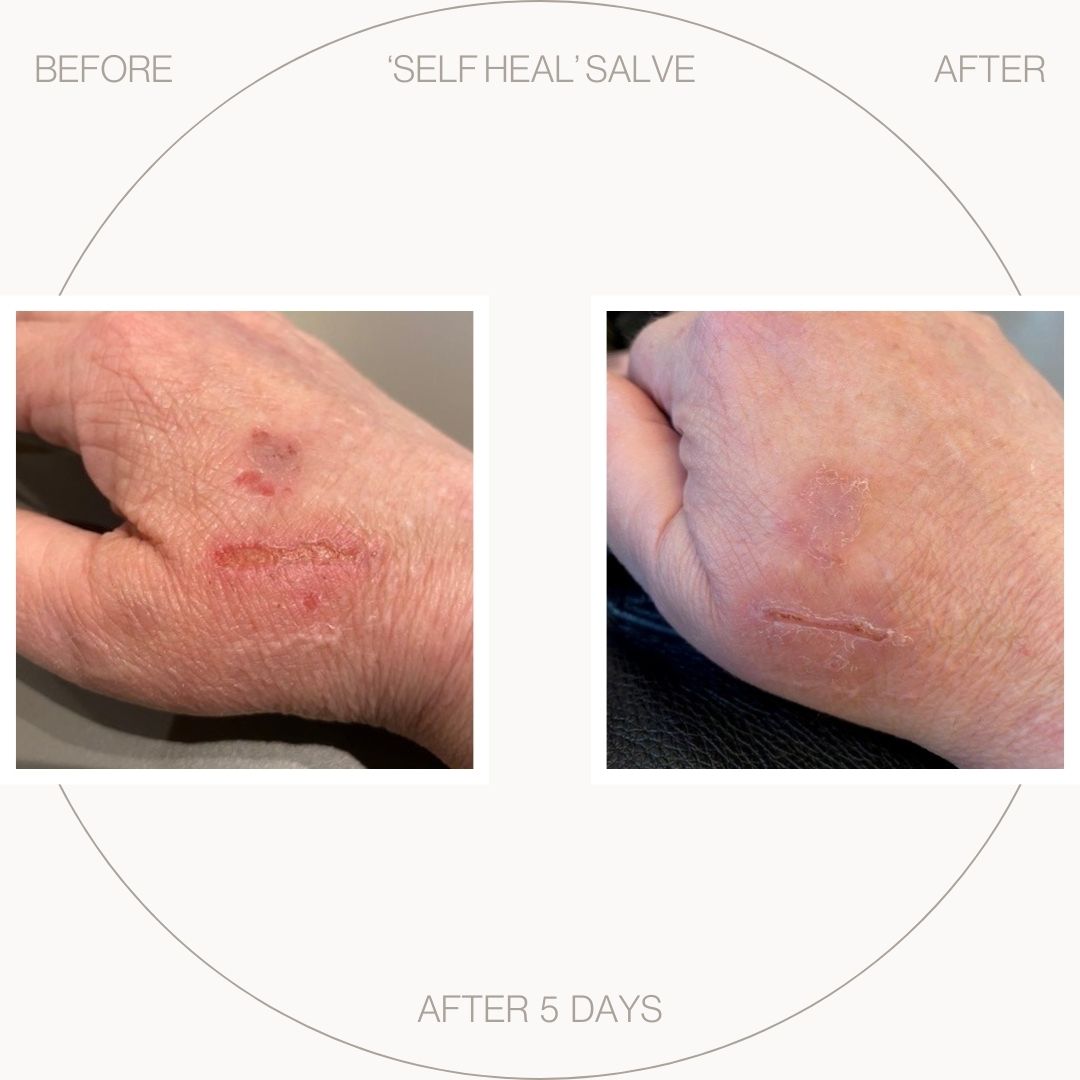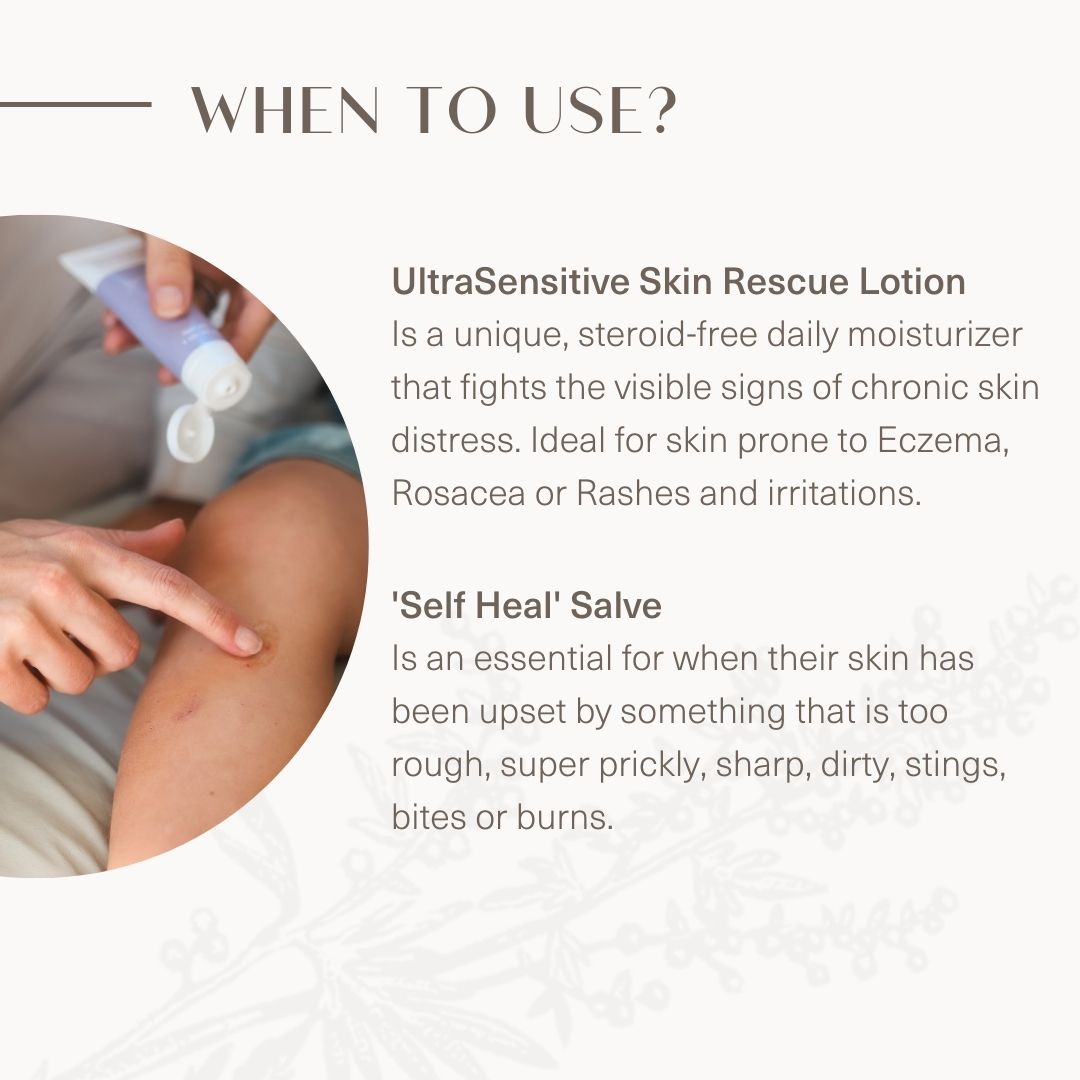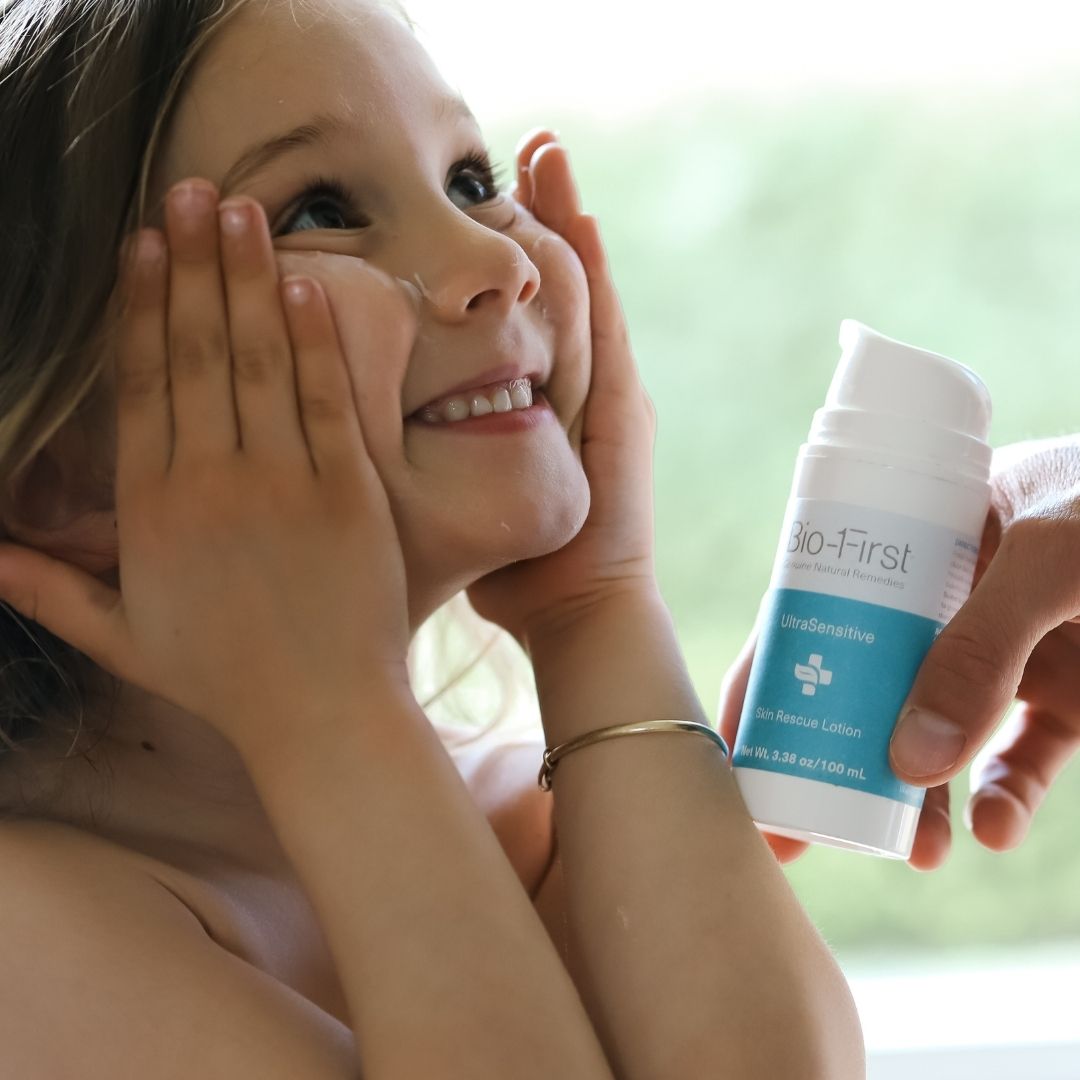Dermatitis due to radiation therapy in the course of cancer treatment is a huge problem.
Both on a personal and population level:
- 50% of people affected by cancer receive radiation therapy
- With 90%+ of them experiencing seriously adverse skin reactions as a result.
Thankfully there is widespread effort and focus being directed at how best to minimise the damage because this burden adds significant misery and distress to those already dealing with the many issues of having cancer.
Sadly at this stage, very little really new, safe and affordable options have emerged to care for or even prevent radiodermatitis of the skin. Common recommendations basically unchanged and lacking strong evidence for suitability:
- Topical steroids - very short term help but they thin the skin
- Silver sulfadiazine - minimal effect
- Sucralfate - minor benefit but an aluminium salt
- Trolamine - no proven benefit
- Petrolatum - risk of carcinogenic contaminants
- Hyaluronic acid - no improvement
- Topical vitamins C or B5 - ineffective
In a bit more detail, among the most widely used topicals are those containing over 40% petrolatum, plus mineral oil and a waxy mix of hydrocarbons – these are all derived from crude oil and often contain carcinogens from the refining process. For this reason the EU has stringent regulations on any that can be used on skin but the rest of the world is unregulated, hence caution needed.
Ingredients of Concern found in Commonly Recommended Topical Skin Care Products:
- Propylene glycol (PEG)
- Triethanolamine
- Diazolidinyl urea
- Iodapropynyl butylcarbamate
- Tetrasodium EDTA
A quick check of these chemicals on EWG or Think Dirty will disclose the risks associated with them.
In summary there is no easy answer to help so many people in need but the priority is first to do no harm which in this case means no extra harm.
A second focus is to explore what nature has provided and how support can be enhanced with synergistic combinations.
Bio-First recommends seeking products that contain the following natural ingredients:
- UMF 10+ Manuka Honey
- It has amazing health properties including being antimicrobial, healing and beneficial for radiotherapy skin damage
- Milk Thistle / Silymarin
- Effective and protective in topical care of skin affected by radiotherapy
- Manuka Oil
- With antimicrobial properties and inhibits UV-B radiation related skin inflammation
- Prickly Pear Seed Oil
- UV-A and B skin protecting qualities, moisturising, anti-inflammatory, antioxidant
- Aloe Vera
- Mildly protective against radiation damage, soothing and cooling
This is general information for our readers, not medical advice or opinion.
Jude has a Ph.D. in Natural Medicine - she is not a medical practitioner.
Blogs on similar topics:



